Curious Reads: the Undecided Voters
Who are the undecided American voters? And how do we convince them to join our team? 😜
Hello friend, Liz here.
#1 This week’s top of the fold story is the undecideds—that is, those Americans voters who haven’t yet picked a candidate for the upcoming presidential election.
I know this question is top of mind for those of us who are, ahem, EXTREMELY DECIDED. We’re asking, who are the undecideds, what do they want, and how do we convince them to join our team? ;-) (Or can we? Should we?)
Since I do not believe the reporting from a lone outlet gives us a full enough picture of these voters, I have linked to multiple articles below and written up the combined highlights.
The Highlights
How many undecideds and independent voters are there? And what kind of influence will they have on the upcoming U.S. elections?
It’s difficult to know how many undecided voters exist at this moment in the campaigns, but pollsters estimate the number of “undecided voters” as 5%-10% of the American electorate. Using 2020’s numbers, 168 million registered to vote and ~160 million Americans actually voted. So, that would mean roughly 8-16 million people currently straddling the fence.
While that number does not seem huge in comparison to the scale of the U.S. election, the way American votes are counted means that many of these voters reside in “swing” or “purple” states that could swing to either the Democratic or Republican candidate (the seven swing states considered shaky, unreliable and up-for-grabs territory for both parties are: Pennsylvania, Michigan, Wisconsin, North Carolina, Georgia, Nevada, and Arizona ).
This November’s election will likely be decided by a few million people in these “swing” states—who, by then, will be sick of hearing from both candidates. (Imagine the unceasing political ads and mailers!!!)
Did the recent presidential debate change any minds?
Perhaps. According to the undecideds, the recent presidential debate was Harris’s audition, not Trump’s. One said, “This was more an audition for Kamala Harris to just kind of see who she is, where she stands on policies and her command of the stage.” Because most undecided voters know the former president too well, his rhetoric and behavior during the debate, though shocking, did not change their minds.
But these voters felt they did not know Harris. As one Democratic pollster, Cornell Belcher, put it, “[Harris is] famous, but she’s unknown.”
They were wanting to see how she planned differentiate herself from Biden; her priorities; and how she would hold up under a constant barrage of, well, Trump. And the debate did sway many toward the Harris camp.
Some leant toward Harris because they liked her or they liked how she performed at the debate. One undecided said, “I like that Kamala Harris does say I am going to be the president for everyone. I don’t think our politicians say that often.”
But for others, they felt moved into the Never Trump camp. One former Trump voter said that his pettiness and facial expressions reminded her of how her teenagers acted… when they were toddlers.
Another admitted that the debate made him afraid of a second Trump presidency: “Every time he spoke, it was frightening to a level that I have not felt from him before. And while I don't love Harris, and I think she's very wishy-washy, she does not pose an existential threat to America like he does.”
Another said of Trump, “I don't trust [Trump]. I don't think he wants to run the country, I think he wants to own the country.”
However, support for Harris among independent and undecided voters is shaky. They’re by no means fans. As one put it, “I don't know if I'll be very enthusiastic about it but I will probably be voting for her.”
To these, Harris’s stage presence felt canned and too rehearsed (a trait other undecideds interpreted as “prepared”). Others felt she avoided tricky questions—on policies like late-term abortion, immigration, the U.S. response to wars abroad, and that she avoided explaining her vice presidential work. One undecided voter said, “She ran off into her talking points and never gave a direct answer.”
Then again, other undecided voters weigh the economy of President Trump’s presidency with Biden’s—a compelling case for returning the former leader to the White House, despite some voters’ dislike of Trump as a person. One undecided said that, though her heart pulls her to Ms. Harris’s potentially history-making candidacy, she finds herself thinking fondly of her old life (and budget) before. “When Trump was in office — not going to lie — I was living way better,” she said.
Why are these voters still undecided? What do they need to know or see from the candidates in order to make up their minds?
This is hard to answer because each person will offer a unique answer when asked by a pollster or reporter. Some haven’t tuned in until now, so they haven’t given themselves a huge runway to make this political decision. Others are “double haters”—meaning, according to Republican pollster White Ayres, “They are people who do pay attention to politics and don’t like what they see.”
And those registered as independents tend to care more about policy. These voters express the feeling of still not having enough policy information to make their decision yet. As one voter said, “I want to get the full facts before I do anything.”
A major policy concern of these voters is, no surprise, the economy (i.e. inflation). The debate did not clear up this question for these voters because these voters want the fine print about how candidates will accomplish their policy goals—as in, how will a polarized and divided Congress be convinced to act? “[Harris] tried a couple times to say [during the debate],” one voter said, “‘I want to do this and I want to do that,’ and that’s nice promises… [But] I hope she can get them through Congress.”
Other trending policy issues for these independent and undecided voters: immigration reform, abortion reform, and foreign policy. But economics far outweighs these other concerns.

So, how do we interact with (and perhaps seek to convince) these undecided and independent voters?
Start by assuming the best about those around you. In a pluralistic country like ours, it’s not surprising, really, that our neighbors do not share our opinions. What we do share, however, is the relative similarity of our daily lives.
We all struggle with the cost of eggs and coffee (wait, how much?). We all want our kids and grandkids to thrive. We want our parents and grandparents to receive good healthcare. We want to be able to worship and pursue our hobbies and walk down safe sidewalks without fearing either our neighbors or our government.
Democracy is built on pluralism. Which does not mean heathenism, by the way (that’s what I grew up believing within white American evangelical spaces, anyway, where the word was muttered like a four-letter curse). In the purest linguistic form, pluralism is about plurality, plural tense. Pluralism allows us to create communities where we do not always agree, yet where our voices matter and we can agree on a few basic, shared values.
So, start a conversation with an undecided by emphasizing what you share. Assume that your neighbor agrees with you on outcomes. Because they, like you, want to live a whole and healthy life, and they want the same for their kids.
Assuming that your neighbor is evil because of who they vote for misses out of on the complexity of voting within a system of binaries. With two political systems at play, no one gets everything. Compromise is inevitable. So, what are we compromising on, and why? How can we explain ourselves to each other without judgment and how can we listen to each other with genuine curiosity?
I understand that such a task is supremely difficult in our current climate of hot takes and hateful words about the other (demonic?) side of the aisle. Yet I remember the words of the apostle Paul when he talks about his ministry amongst the pluralistic Roman society where he lived: he writes, “I have become all things to all people, so that by all means I may save some.” (1 Corinthians 9:22, NET)
What would it mean, in humility and tenderness, for us to seek to understand another person so completely that we might be described as becoming like them on the nonessential issues?1
Convincing anyone of anything begins by listening well, with curiosity and empathy, in order to understand another person. We must, in a way, become like them, inhabiting their mind and experiences and emotions. Only then can we earn the right to speak.
Also: you don’t have to have the conversation at all. Sometimes it’s kinder to keep your mouth shut, my friend.
Sometimes the election rhetoric of both sides activates the same nerve in me as the “evangelism on a plane” guilt did. I remember the feeling of walking onto an airplane, sitting in my seat, and dreading meeting eyes with the person beside me… because if I did, then I had to acknowledge my responsibility to evangelize them over the short three hours we shared space between the East Coast (my family’s home) and Chicago (my college). But I felt like I had to. Because it was urgent and essential. And didn’t I care about their eternal fate? What if they went to hell and it was my fault?Sigh.
If you do plan to speak your views, do not lean into political argumentation you might hear by a pundit; instead, get personal, and tell your own story of how you came to make up your mind.
Please do not expect that their mind will change right then, in an instant. I know the election is urgent, feels urgent, that everything in you might be screaming that we don’t have time for your indecision. But change is not immediate. The best, most permanent and formative change happens slowly and deliberately and unconsciously, often by way of a variety of inputs, so that eventually, you wake up different.
As I reflect on how I have changed my mind about politics—remember how I voted for G. W. Bush twice because of the pro-life movement’s propaganda machine…?—I realize I never set out to vote differently. Instead, change happened through genuine relationship with others who thought (and voted) differently than I did.
In other words, over time as someone I loved gently disagreed with me, offering their perspective kindly and directly, I would seek to be a good friend to them by receiving and welcoming them despite our disagreement. In so doing, my own thinking became less dogmatic, and I began to understand the issues with more nuance, taking my friend’s experiences into account.
For me, that eventually meant swapping political parties. Where I once voted R, I no longer do. My mind changed because of dear friends who had the courage, wisdom, and patience to disagree with me. These friends walked alongside me, showing me love even when we disagreed. Because belonging is the best and only proof we need to feel safe enough to change our minds.
So, what would it look like if we each endeavored to offer that safety to someone else during this election season? How might the church change shape and character if we model the behavior of Jesus even to leaders or lay people who resist changing their minds?
I can say with certainty that even if their minds never do change, we ourselves will grow to look more and more like Jesus. In other words, go for it, friend!
Thanks for reading. Warmly, Liz Charlotte Grant
More Curious Reads
#2 Michaela DePrince died this week at age 29. She was a remarkable and trail-blazing ballerina. Orphaned in Sierra Leone’s civil war, she was adopted at age 4 by an NYC couple and she eventually became a principal dancer in several world-renowned companies. In remembrance, enjoy this video of her dancing.
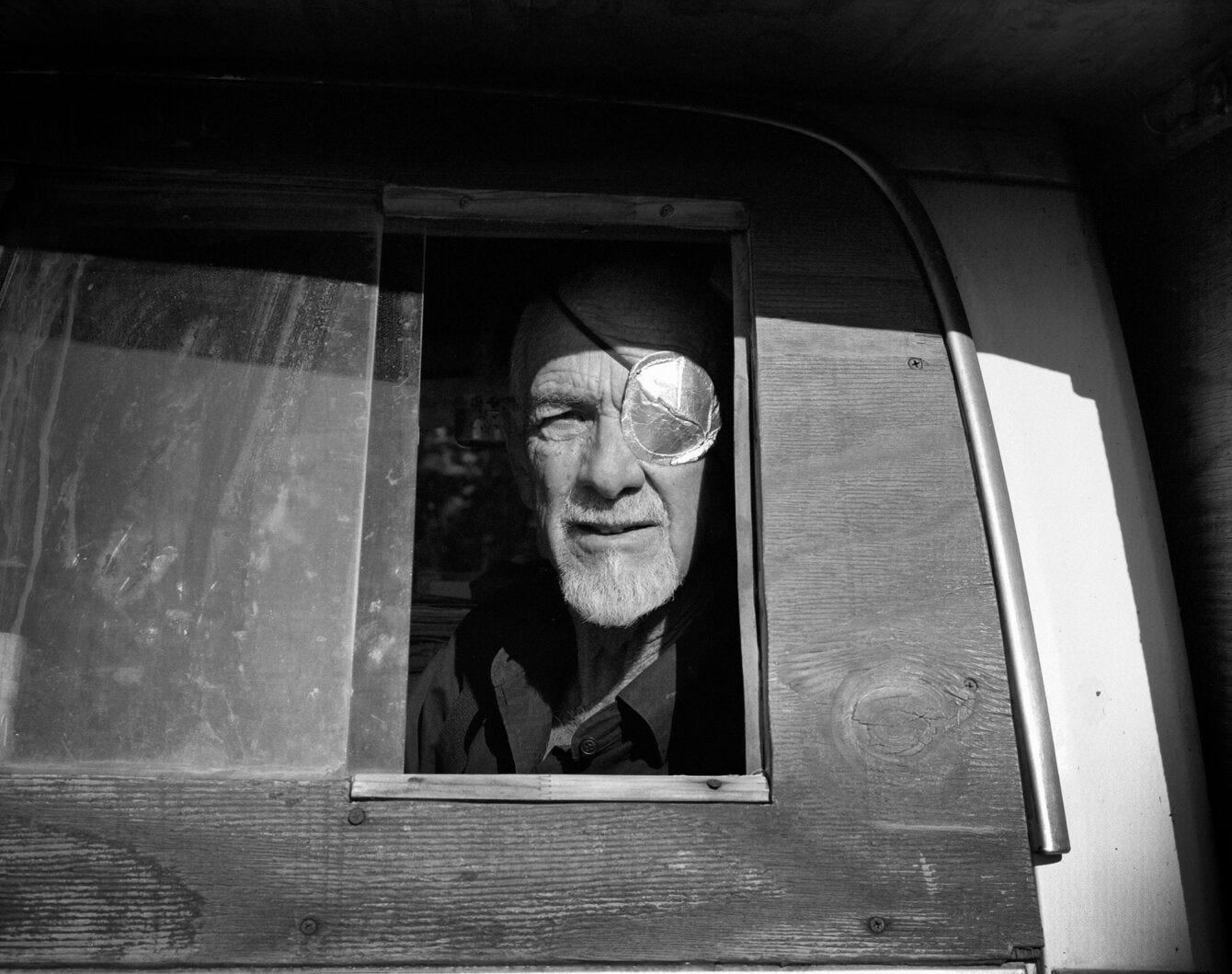
#3 The “sensitives” are allergic to modern civilization. (Or, at least, they believe they are.) —Harper’s Magazine
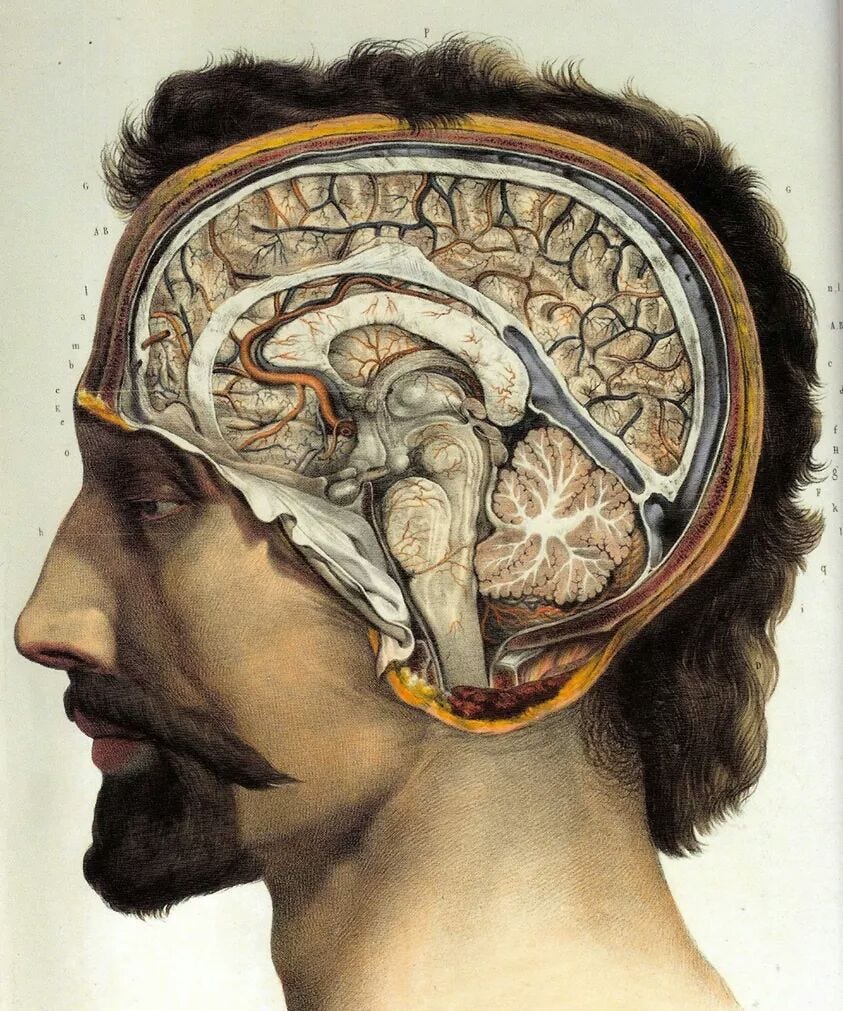
#4 A computer chip to the brain makes life easier for a man with ALS. —Wired Magazine
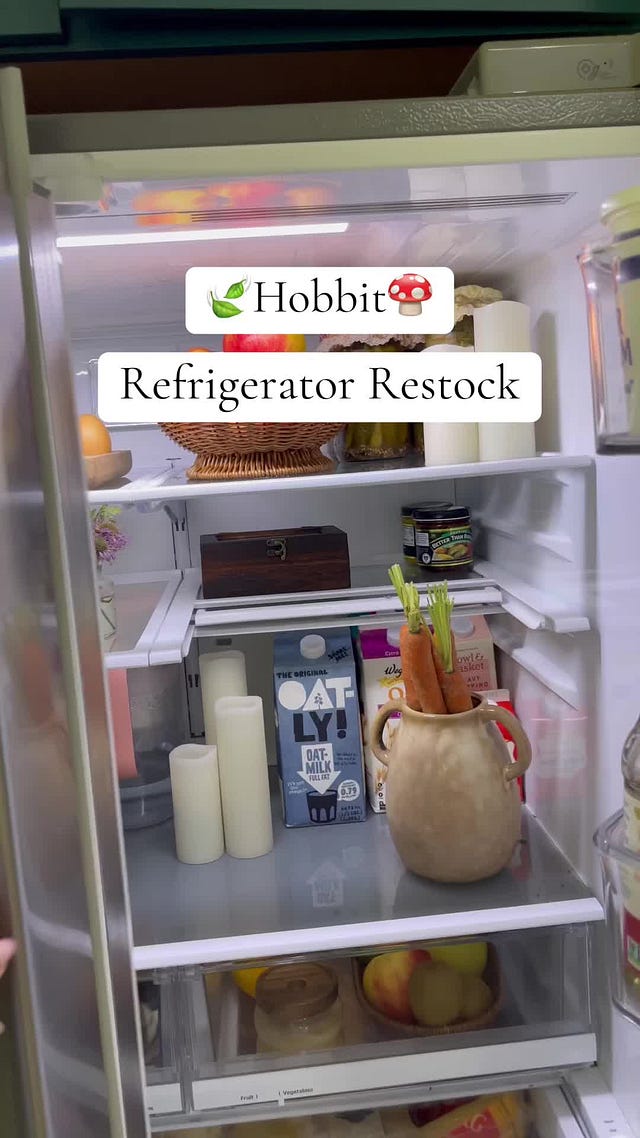
 Tiktok failed to load.
Tiktok failed to load.Enable 3rd party cookies or use another browser
#5 Please don’t fridgescape (i.e., decorating the inside of your fridge like an influencer…). Is it adorable? Yes. Is it stupid? Supremely. Instead, organize your fridge like a chef. —Vox
Just for Fun…
Notes
By mentioning “nonessential issues,” I do not mean to say that politics is meaningless, nonessential, or that we should be uninvolved. (Um, do you read this newsletter? hahaha I’m pretty obsessed with politics and our role in supporting our immediate communities by any means possible… including through political action.) However, I do mean that the most important way we can conduct ourselves during this election cycle is to treat all those involved—not only those on our team!—as beloved children of God.
BTW, I’m happy to hear pushback on any of the above points. Is this a purely privileged white girl perspective? What am I missing and/or miscommunicating? Get thee into the comments!


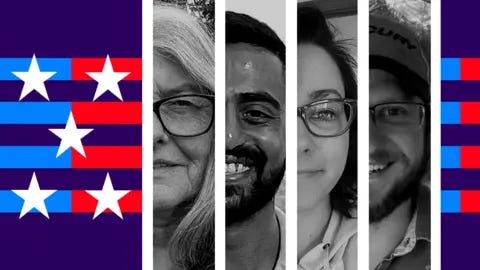
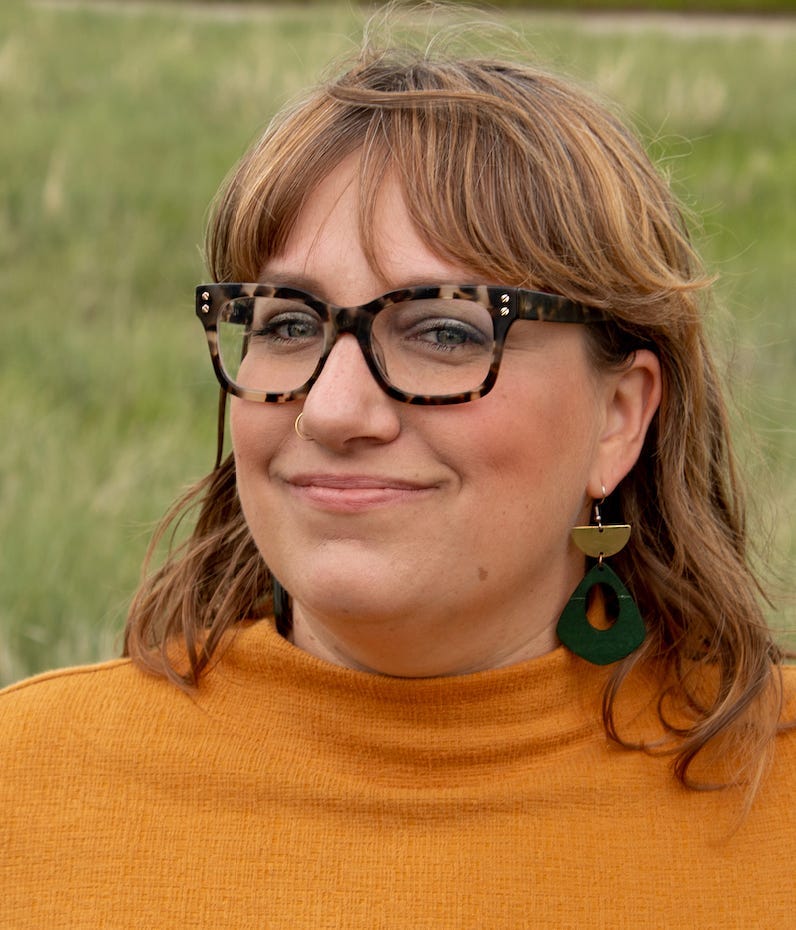
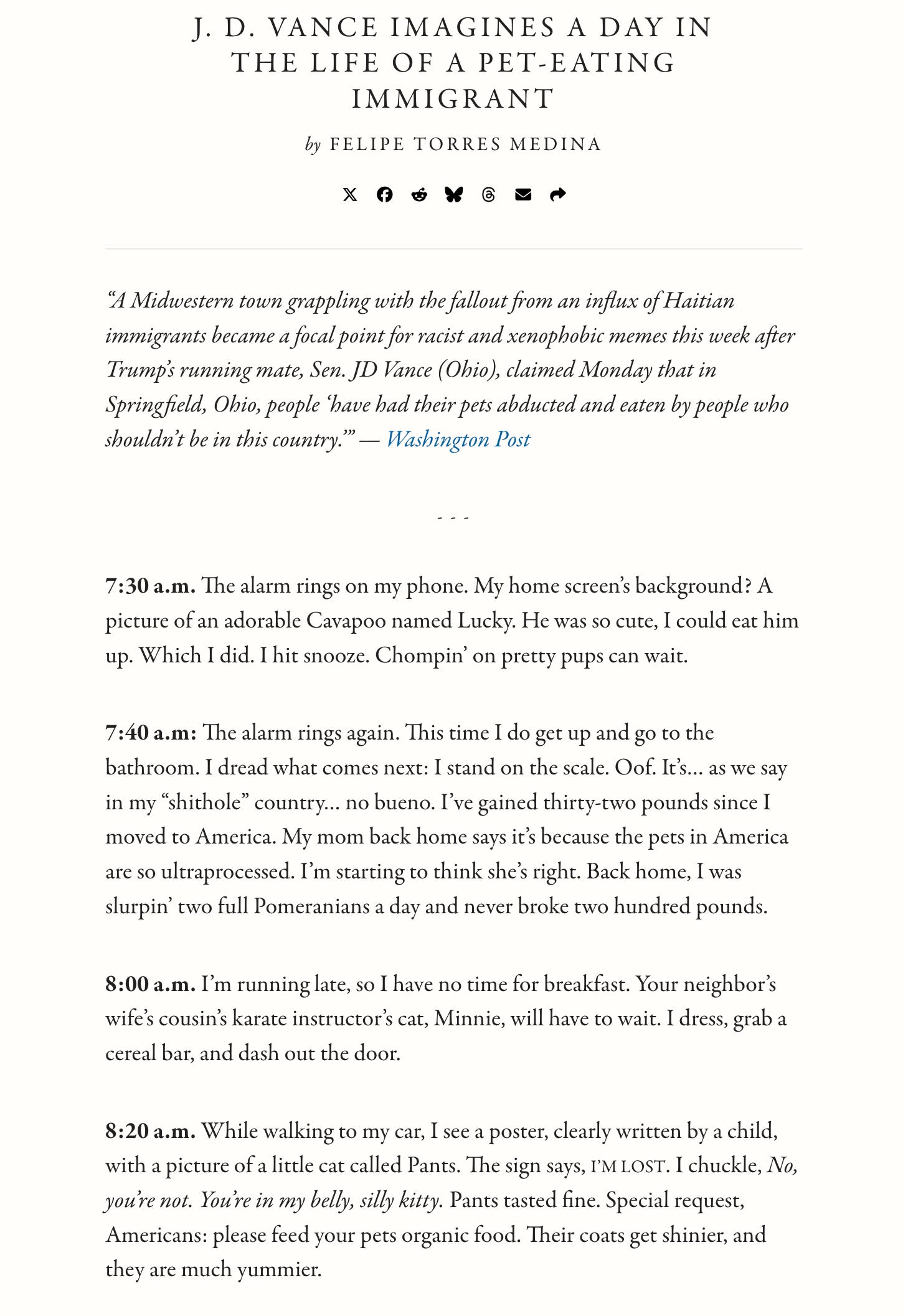
This was such a beautiful read (and so timely for me as I navigate a new space in my life with new people). Thank you so much.
Appreciate this perspective. Thank you.